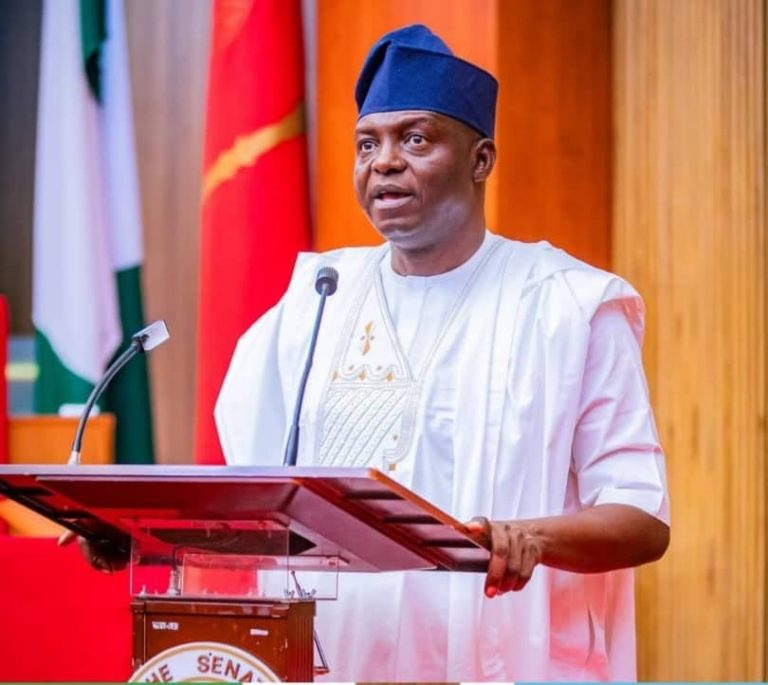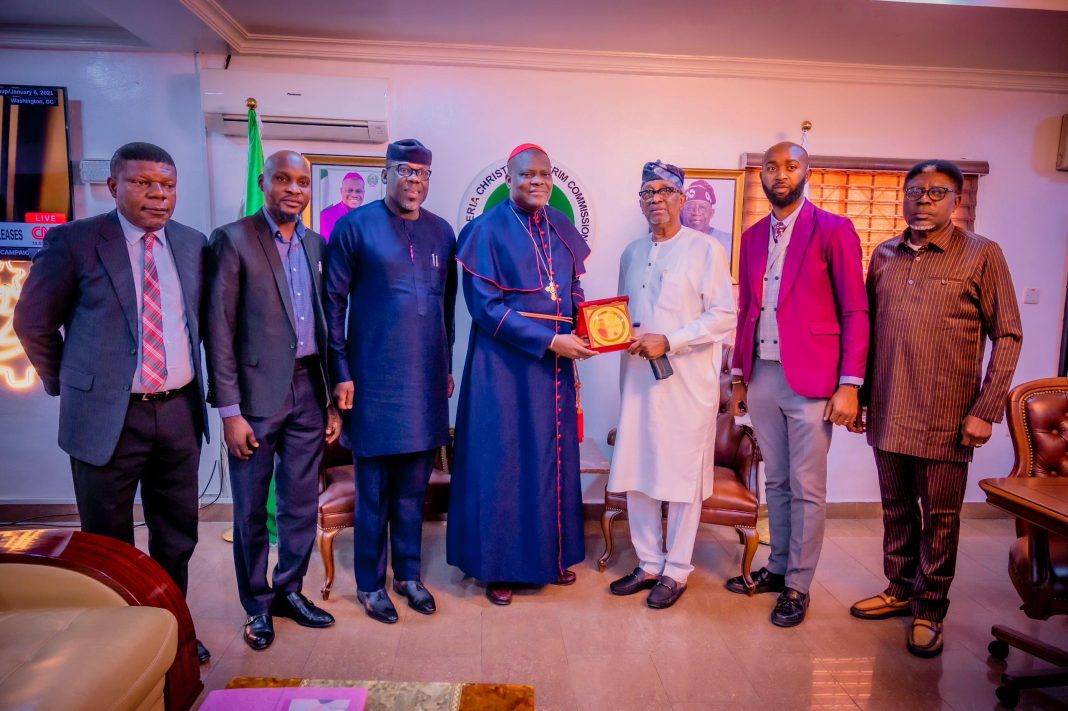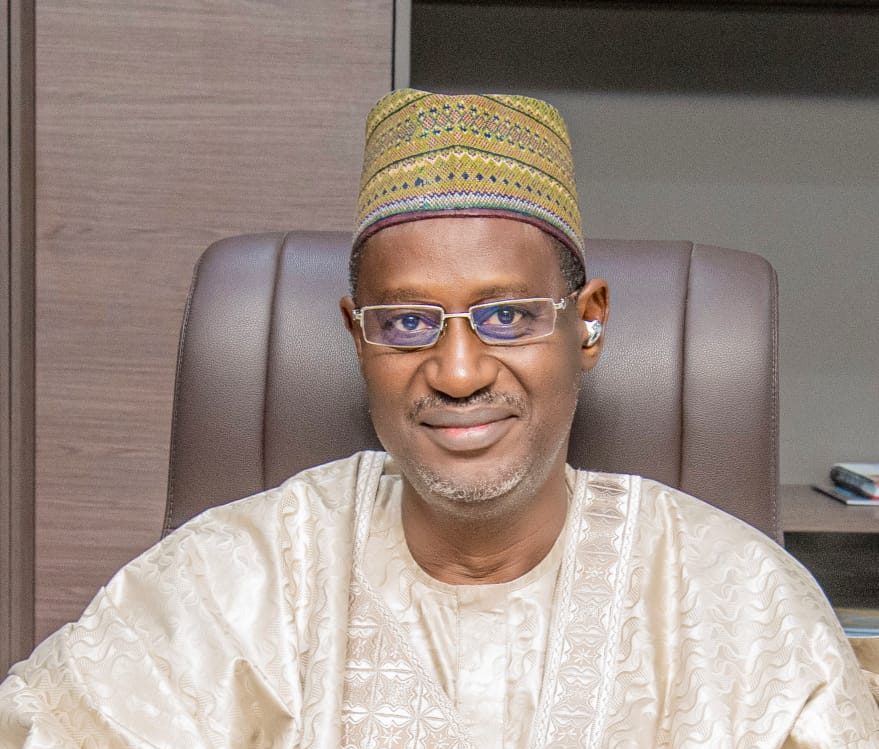By Abigail Philip David
The Federal Government has approved N4 billion for conditional cash transfers aimed at supporting vulnerable households across Nigeria.
Speaking at the launch of the 2025 Nigeria Humanitarian Needs and Response Plan (HNRP) at the United Nations House in Abuja on Thursday, Minister of Humanitarian Affairs and Poverty Reduction, Prof. Nentawe Yilwada, unveiled the government’s plan to address the escalating humanitarian crisis in the country.
The programme, set to commence in February and run through April, is expected to benefit at least 10 million displaced households, particularly in the conflict-affected Northeast. The initiative is designed to alleviate immediate hardships faced by families affected by displacement and other crises.
In addition to the cash transfer programme, the government has approved N2 billion for interest-free loans to rural farmers. These loans, ranging from N300,000 to N400,000 per household, aim to boost agricultural productivity and promote self-sufficiency in food production.
“We are prioritizing women, especially widows, pregnant women, and those with disabilities,” Prof. Yilwada stated. “These groups face unique challenges, and we are committed to addressing their needs. The President has approved the Ministry’s plan to begin conditional cash transfers for 10 million displaced households between February and April to support families in urgent need.”
The N4 billion allocation for cash transfers will specifically target families affected by natural disasters and other crises, forming part of a broader government strategy to combat poverty and provide humanitarian relief.
Prof. Yilwada also emphasized the government’s dedication to supporting internally displaced persons (IDPs), returnees, and communities in conflict-affected areas like Borno, Adamawa, and Yobe states.
“The HNRP was developed through extensive consultations and aims to address the pressing humanitarian challenges in these regions,” he said. “We are integrating humanitarian, developmental, and peacebuilding efforts to ensure long-term resilience and sustainable solutions for these communities.”
Highlighting gender-based vulnerabilities, Yilwada noted the specific challenges faced by female-headed households, such as gender-based violence, child marriage, and food insecurity. He reaffirmed the government’s focus on providing food, water, healthcare, and safety for these households.
Trond Jensen, Head of the UN Office for the Coordination of Humanitarian Affairs, further stressed the gravity of the situation, stating that an estimated 7.8 million people in Borno, Adamawa, and Yobe states will require humanitarian assistance in 2025.
The interventions are expected to play a crucial role in mitigating the impact of Nigeria’s humanitarian crisis while fostering resilience and recovery in affected communities.





